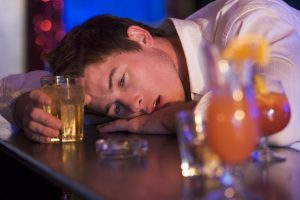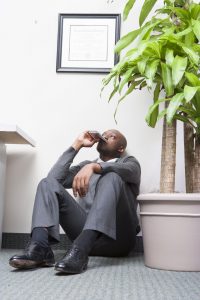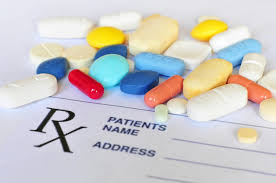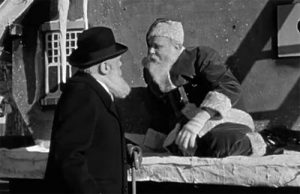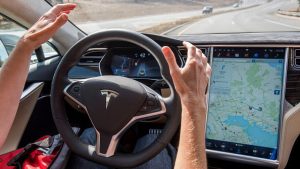 For as long as mankind has been using vehicles to get around, some people have been unfortunately operating those vehicles while under the influence of some substance—mostly alcohol. At first, no laws were on the books to address the issue, but, as the roads became more crowded, public pressure eventually prompted lawmakers to set standards as to what constitutes driving under the influence (DUI)—also known as driving while intoxicated (DWI)—and what the penalties would be for violating those rules.
For as long as mankind has been using vehicles to get around, some people have been unfortunately operating those vehicles while under the influence of some substance—mostly alcohol. At first, no laws were on the books to address the issue, but, as the roads became more crowded, public pressure eventually prompted lawmakers to set standards as to what constitutes driving under the influence (DUI)—also known as driving while intoxicated (DWI)—and what the penalties would be for violating those rules.
If you’ve ever been arrested for DUI—especially if you believe you tested “false positive”—you might feel like the laws and standards of intoxication are too strict. Looking into the past often helps give us perspective as to where we are now and where we’re headed. So let’s look back at a few milestones in the history of DUI, and see what we can learn.
First Known DUI Arrest: 1897
 Los Angeles DUI Attorney Blog
Los Angeles DUI Attorney Blog



